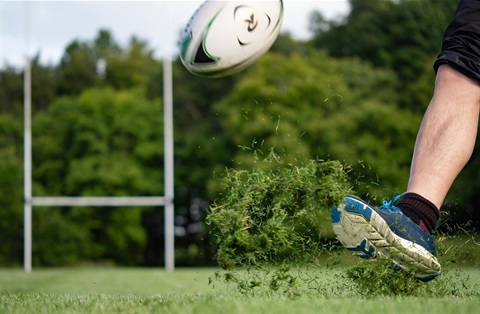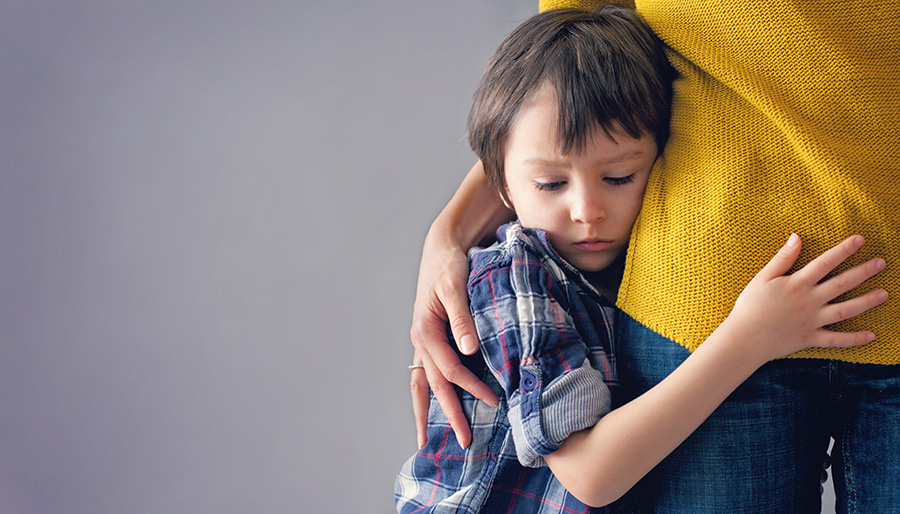A first of its kind in Australia, an alternative suspension program was launched earlier this year by the Y NSW, who is pleased to report its successful pilot results that showcase the positive social impact that the program has had on young people who are suspended or at risk of being suspended. However, continuation of the program is in question as the grant funding to deliver ends in June 2024 and the Y is seeking partnerships to continue ─ and hopefully expand ─ this life-changing program to further regions across NSW.
Suspensions are used as a disciplinary practice in schools and can lead to far-reaching consequences such as reduced chances of completing education, reduced employment opportunities[1] and increased risk incarceration[2]. This program by the Y (formerly YMCA) addresses educational disengagement and the underlying causes, establishes ongoing support pathways and plans successful return to school.
The Y NSW reports that 81 per cent of students completed the program with 84 per cent of participants learning new coping, anger management and communication skills as a result. Further, 91 per cent of the cohort of participants returned to school following completion.
Western Sydney parent Abeir* reports their 13-year-old son participated in the Western Sydney alternative suspension program, after he was suspended from school twice. Stepping in to provide extra support and intervention the last time, the program has made a remarkable improvement in his attitude and confidence, after only six days.
“Like many others involved in the program, this student had been repeatedly suspended for anti-social behaviour and being disruptive in the classroom,” explained the Y NSW’s Youth Worker Mim.
“We were pleased to see that this young student experienced many benefits from the program including increased confidence, improved engagement in schoolwork and he also learnt new strategies to deal with impulsivity, negative thinking and prosocial behaviours,” added Mim.
As a parent, Abeir has directly seen how this program has made a huge difference in the attitude of her son towards a school setting.
“This alternative suspension program is the most beneficial thing I had ever heard of. Usually, my son would just stay home during suspension and play the PlayStation all day, but the program made him turn up, talk with youth workers and make him understand what he does is wrong. He even told me he really enjoyed it,” said Abeir.
“I am amazed that after six days he wants to get an education now and be part of the class. He talked about how the youth workers actually care and wanted to help – they were very understanding. I am very grateful we had access to this program,” added Abeir.
Executive Leader of Purpose and Impact at the Y NSW, Louisa McKay, said the organisation has experienced strong demand for the alternative suspension program in the first half of the pilot period.
“The alternative suspension program transforms the suspension period away from school into a positive experience by fostering personal development and autonomy. In a safe and inclusive environment, participants are supported by trained youth workers and human service professionals to explore the root cause of the behaviour that triggered their referral to the program, and focus on personal development including self-worth, goal setting and resilience.”
“During the first 18 weeks, the program received 64 referrals of young people aged between 12 and 18 years, with an average age of 13.6 years. Of this cohort, there were 78 program stays representing repeat attendance by 14 participants,” continued Ms McKay.
“72 per cent of schools cited an improvement in participants’ behaviour as a direct result of the program and our youth workers have had glowing reports from principals and carers alike,” added Ms McKay.
While the program is currently funded by the Australian Government Department of Social Services, funding will be sought to continue and expand this program in NSW.
“The Y is grateful to the Department of Social Services for grant funding the pilot program, however to continue to deliver this life-changing work we are seeking funding partnerships so we can continue and hopefully expand it to further regions in NSW in 2024,” concluded Ms McKay.
F







